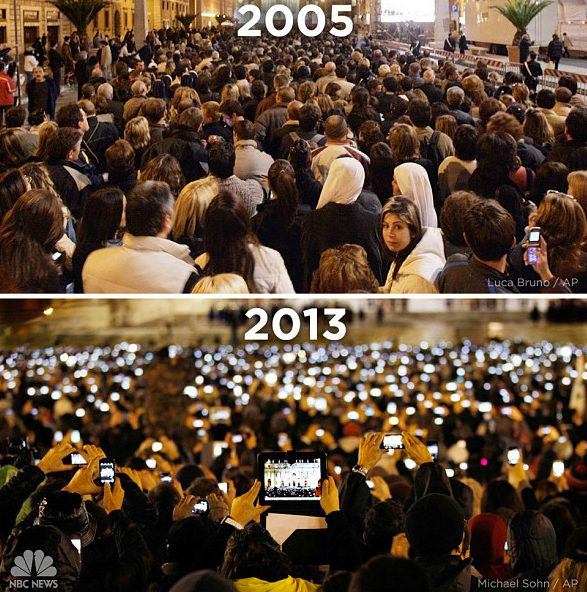Why is it premature? Frankly, because I'm only into the second chapter.
 In the past two weeks, four different people suggest this book to me. A psychologist, a bishop, a pastor and a rabbi. Hmmmm, either the marketing department has really figured out how to target me, or perhaps this is a prompting of the spirit??? Hard to know.
In the past two weeks, four different people suggest this book to me. A psychologist, a bishop, a pastor and a rabbi. Hmmmm, either the marketing department has really figured out how to target me, or perhaps this is a prompting of the spirit??? Hard to know.
This is a disturbing book. If you want fluff and denial about the current state of the church, then don't read this book. This is a theological treatise.
Honestly, I read the introduction and was so angry, then depressed, I almost hit the delete button on my kindle. But, something made me press on.
Douglas John Hall is familiar to many Lutheran clergy, because his book on the Theology of the Cross is probably the clearest articulation, in my opinion, of that uniquely Luther way of looking at the gospel. In this book, Hall presents in bold and prophetic terms, an analysis of the situation we in mainstream christianity find ourselves. But, his approach is more theological rather than practical.
He does not mince words:
"In my opinion, the evangelical, biblicist, fundamentalist takeover of biblical and theological language is one of the most deplorable aspects of contemporary North American Christianity."
Lest you think this is a book for liberal christianity, note this comment from a few pages later:
"Christian activism achieves many honorable social goals - the betterment of economic conditions for the poor, the greater acceptance of difference, and the like; but it fails often and perhaps characteristically to speak of the loneliness, foreboding, hopelessness, and emptinessin the lives of individuals."
As I read chapter one, The Mystery of the Gospel, I was convicted on several accounts, including an important piece that I missed in my sermon from this past Sunday. Ouch! Hall has a way of pulling you in to agree with him in several paragraphs, and then slamming you to the ground on the next page.
"The church is not an institution of those who feel that they already have ultimate truth. To the contrary, when it is most real, the discple community is a gathering of human beings who are united in their common longing: they are waiting for gospel, remembering that they heard it once, hoping against hope to hear it again."
This is a collection of 13 essays or lectures that Hall has presented in recent years. I suspect he is in his 80's now, but he is writing like a young turk. I'm loving it, and struggling with it simultaneously.

























